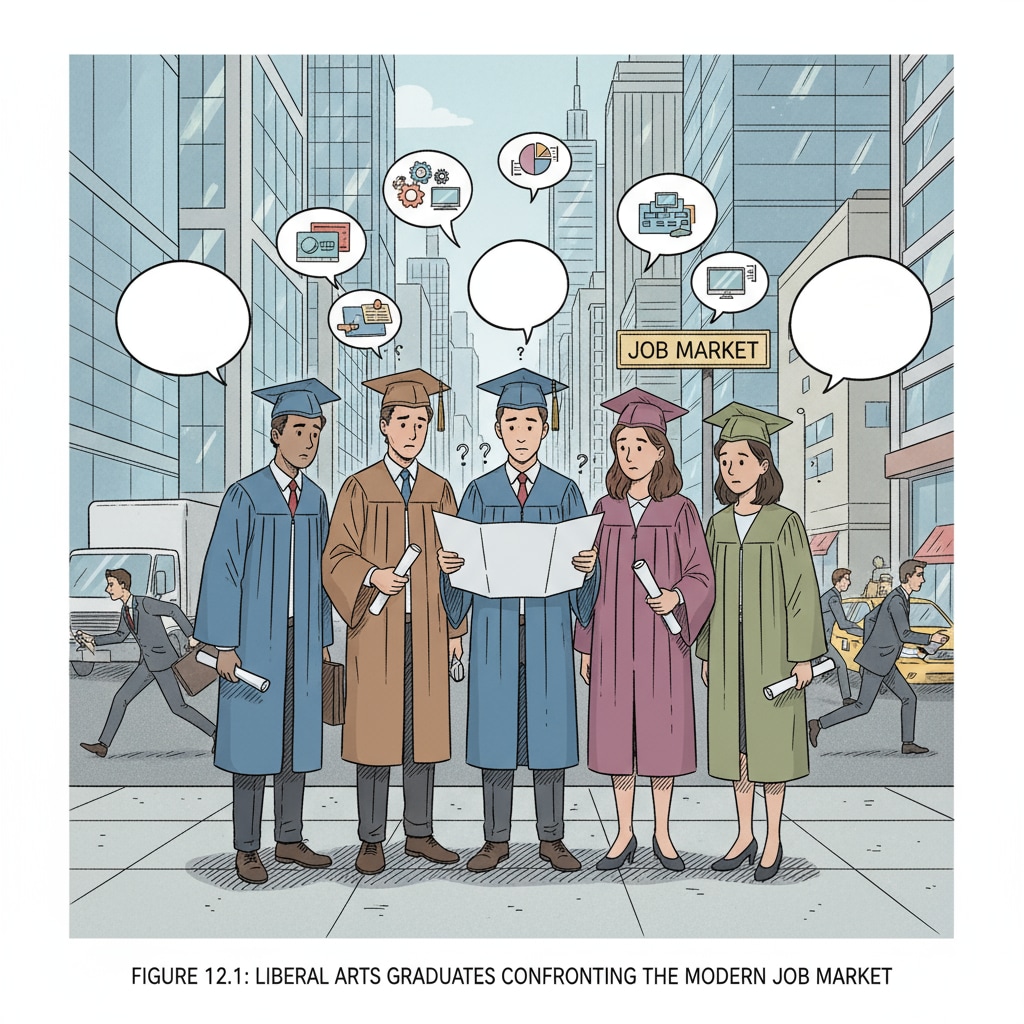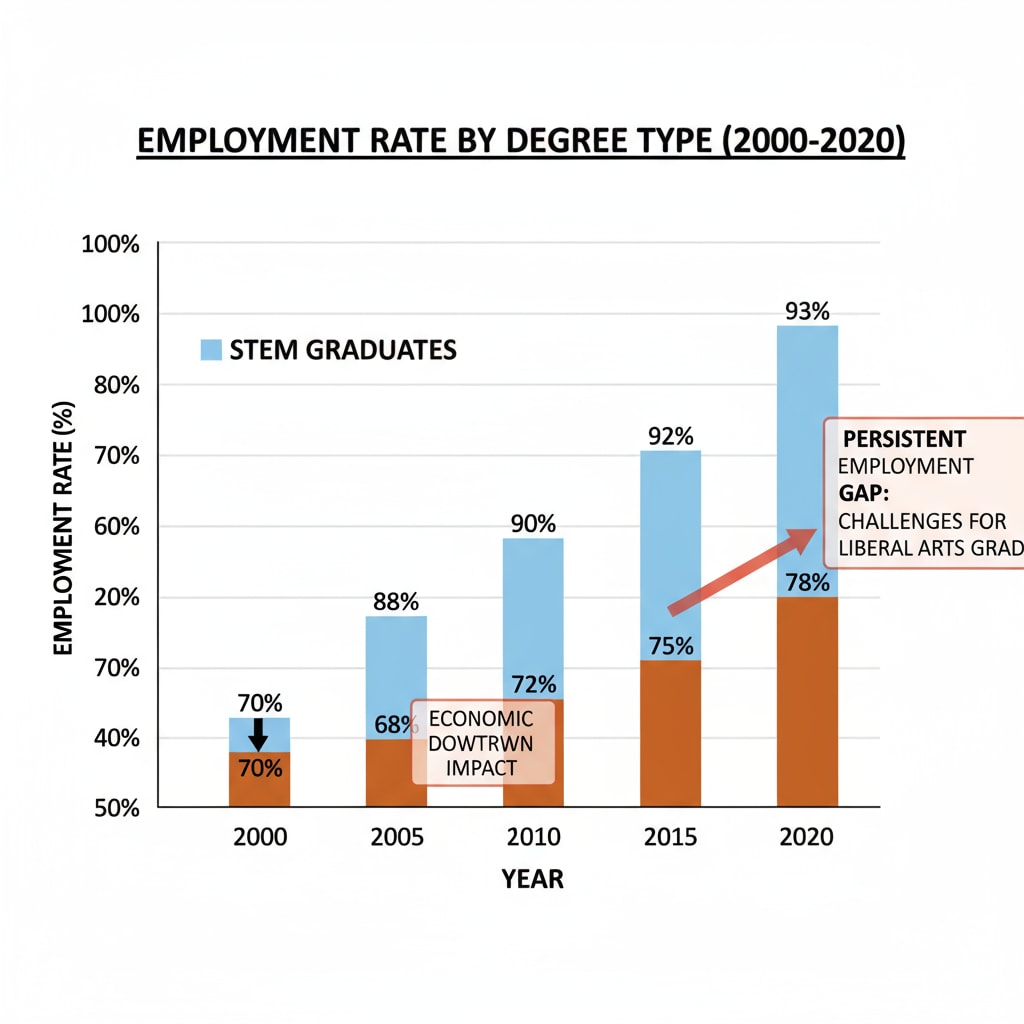Liberal arts education, career development, and economic dilemmas are intertwined issues that many liberal arts graduates face in today’s job market. In an era dominated by technology and specialized skills, liberal arts graduates often find themselves at a crossroads. They possess a wealth of knowledge in areas such as history, literature, and philosophy, but lack the technical skills that are highly sought after by many employers.

This has led to economic hardships for some, as they struggle to secure well-paying jobs that align with their educational background.
The Struggles of Liberal Arts Graduates in the Job Market
One of the main challenges liberal arts graduates encounter is the perception that their skills are not as directly applicable to the workplace as those of their STEM counterparts. For example, while a computer science graduate may be immediately hired for a programming position, a liberal arts graduate with a degree in English literature may find it difficult to identify a clear career path. Employers often prioritize candidates with specialized technical skills, leaving liberal arts graduates with limited options. According to Britannica’s definition of humanities, liberal arts education is about fostering critical thinking and communication skills, but these are not always seen as tangible assets in the job market.

K12 Education as a Promising Career Path
The K12 education system, however, can serve as a viable option for liberal arts graduates. In K12 schools, there is a growing need for educators who can inspire students in subjects like English, social studies, and art. Liberal arts graduates, with their deep understanding of these subjects and strong communication skills, are well-suited for these roles. For instance, a graduate with a degree in history can bring their passion and knowledge to the classroom, making history lessons engaging for students. As stated on Wikipedia’s page on K-12 education, a diverse range of teachers is essential for a well-rounded education, and liberal arts graduates can fill this gap.
Moreover, the K12 education field offers opportunities for professional growth. Teachers can pursue advanced degrees in education, specialize in areas such as special education or curriculum development, and take on leadership roles within the school. This not only provides a stable career but also allows liberal arts graduates to utilize their skills and knowledge in a meaningful way.
In conclusion, liberal arts graduates facing career development challenges and economic dilemmas can find a haven in the K12 education system. By leveraging their unique skills and knowledge, they can make a positive impact on students’ lives while achieving personal and professional fulfillment.
Readability guidance: Short paragraphs and lists are used to summarize key points. Each H2 has a related list or explanation. Passive voice and long sentences are kept to a minimum, and transition words are used throughout to enhance flow.


